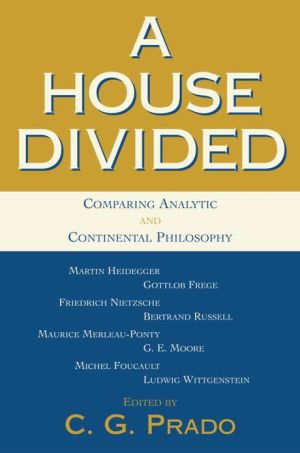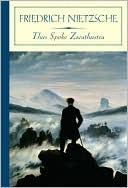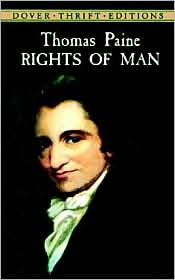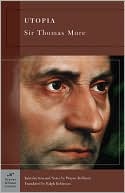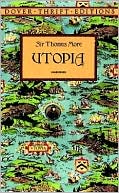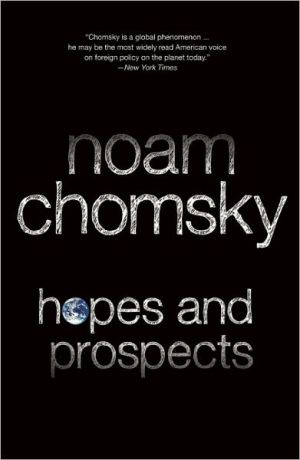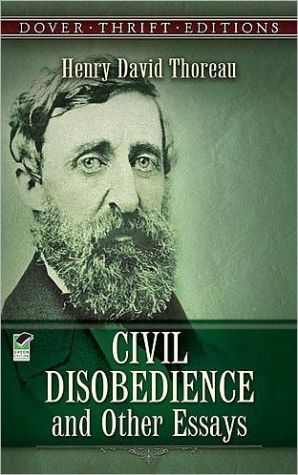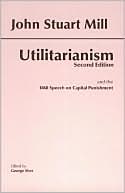A House Divided: Comparing Analytic and Continental Philosophy
For more than seven decades there has been a broad gap between how philosophy is conceived and practiced. Two ill-defined but well-recognized traditions have developed—the "analytic" and "Continental" schools of philosophy. The former traces its roots to philosophers like Frege, Russell, Moore, Wittgenstein, and the logical positivists. The latter has been heavily influenced by Nietzsche, Heidegger, Merleau-Ponty, Foucault, and Derrida, among others.\ The aim of this collection is to...
Search in google:
Most philosophy and philosophers are lumped under one or the other of the two labels mentioned in the title, but for Prado (philosophy, Queen's U., Canada) such a practice is too facile. He sees benefits in studying the similarities and dissimilarities among thinkers from the two traditions on key philosophical issues. Each of the 11 chapters he presents attempts to do just that, for example discussing the views of Heidegger and Quine on the relevance of logic; Searle and Foucault on correspondence, construction, and realism; and Davidson and Wittgenstein on knowledge, communication, and social justice. Annotation ©2004 Book News, Inc., Portland, OR
Introduction9Chapter 1.Analytic and Conversational Philosophy17Chapter 2.Carnap's Contexts: Comte, Heidegger, Nietzsche33Chapter 3.On the Analytic-Continental Divide in Philosophy: Nietzsche's Lying Truth, Heidegger's Speaking Language, and Philosophy63Chapter 4.Phenomenology: Straight and Hetero105Chapter 5.Davidson and Wittgenstein on Knowledge, Communication, and Social Justice139Chapter 6.Heidegger and Quine on the (IR) Relevance of Logic for Philosophy155Chapter 7.Correspondence, Construction, and Realism: The Case of Searle and Foucault185Chapter 8.Illuminating Language: Interpretation and Understanding in Gadamer and Davidson213Chapter 9.Davidson and Rorty on Truth: Reshaping Analytic Philosophy for a Transcontinental Conversation235Chapter 10.Time, Synthesis, and the End of Metaphysics: Heidegger and Strawson on Kant259Chapter 11.Much Ado About the Nothing: Carnap and Heidegger on Logic and Metaphysics291Contributors323Index327
